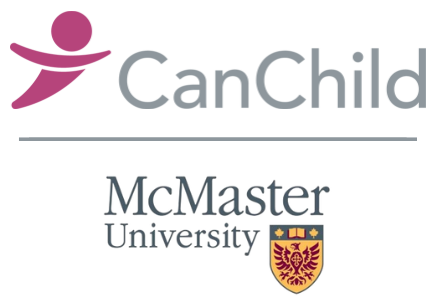CP-NET is excited to present “Growing up with CP: Mental Health & Well-being,” a webinar initiated and led by young adults for young adults. Highlighting both lived experience and recent research from the CP-NET MyStory project, this webinar will explore the intersection of mental health and CP, and discuss how we can better support young people in developing positive outcomes in mental health and well-being.
Read Resources
17 resources found
Pain Prevention and Treatment in Children and Young People with Cerebral Palsy
Pain in children and young people with cerebral palsy is under-recognized and can have a serious impact on quality of life. The webinar is appropriate for anyone who wants to learn more about pain in children and young people with cerebral palsy.
Read Resources
Genetic Factors in Cerebral Palsy
Recent headlines about the role of genetics in cerebral palsy may have you wondering how studies in genomics might affect your day-to-day life, clinical practice or research. Topics covered by the webinar include an overview of the human genome, how it can vary from person to person, what this has to do with CP & where this might lead
Read Resources
Complementary and Alternative Therapies (CAMs): What are the Issues and Why are they so Heated?
Complementary and alternative medicine (CAM) is the term for medical products and practices that are not part of standard care. This webinar was presented by Dr Peter Rosenbaum on behalf of CP-NET.
Read Resources
Conceptual Model of the Move and PLAY study
A conceptual model is a diagram that shows different factors that we think may have an effect on a variety of outcomes, such as motor abilities, self-care abilities, and participation in play.
Read Resources
CP-NET Meet the Expert: Transition
Dr. Elaine Biddiss and Dr. Anna McCormick answered questions about the CP-NET neurotechnology platform and a video game (Bootle Blast) that they developed to track the movement of children with cerebral palsy.
Read Resources
Learning about the Benefits of Microboards: Danny’s Story
This was a qualitative research study intended to increase the understanding of children with Developmental Coordination Disorder (DCD) by examining the observations and experiences of their parents.
Read Resources
